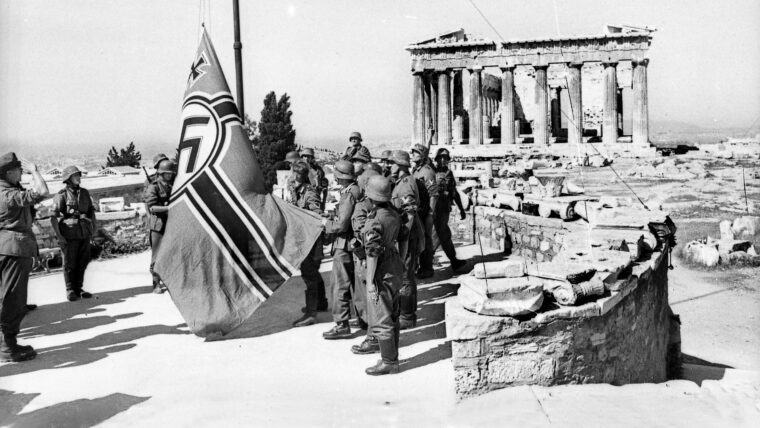
European Theater
The Greek Holocaust
By Nathan N. PreferIn late 1940 and early 1941, German Chancellor Adolf Hitler was concentrating on his next great conquest, the Soviet Union. Read more
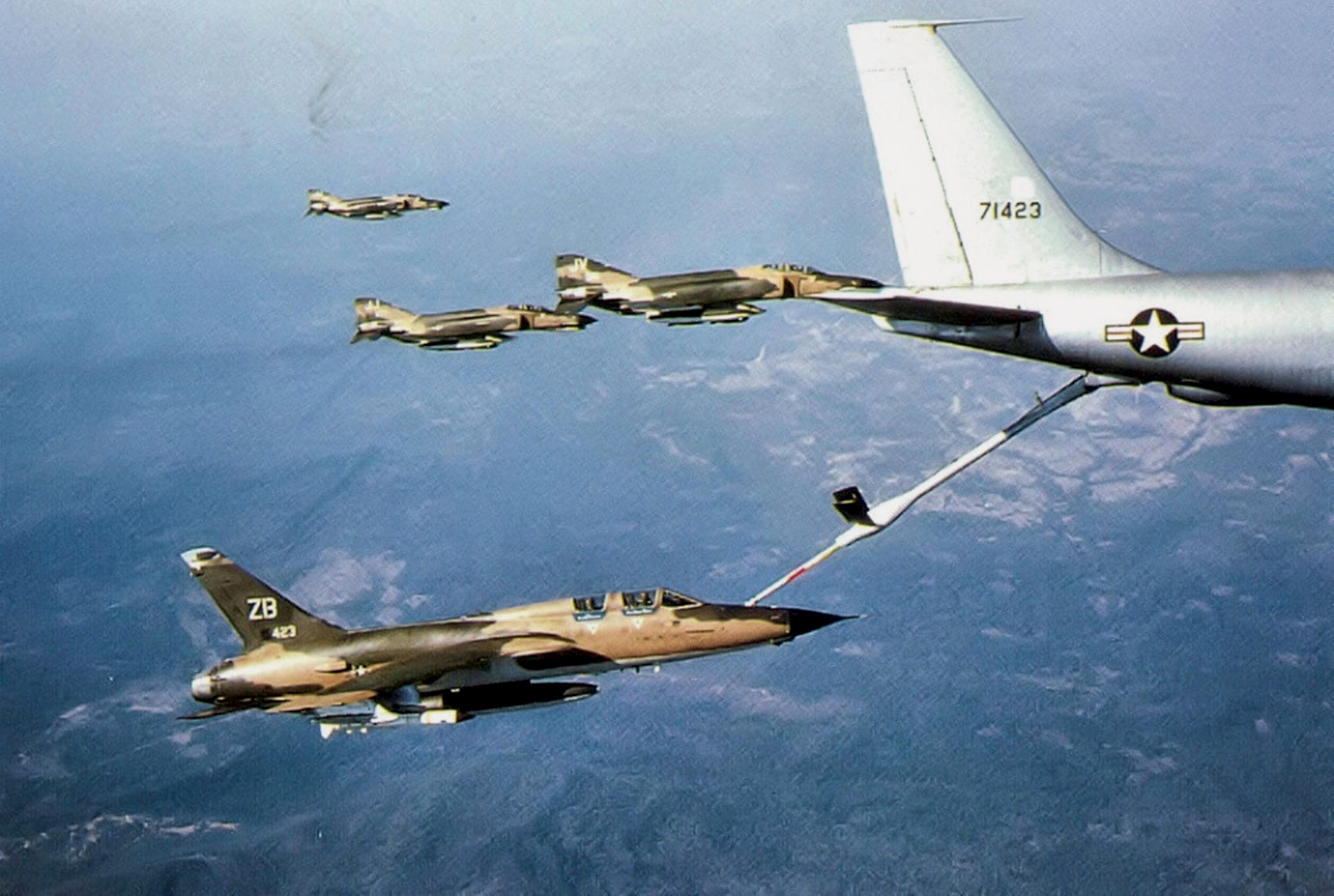

European Theater
In late 1940 and early 1941, German Chancellor Adolf Hitler was concentrating on his next great conquest, the Soviet Union. Read more
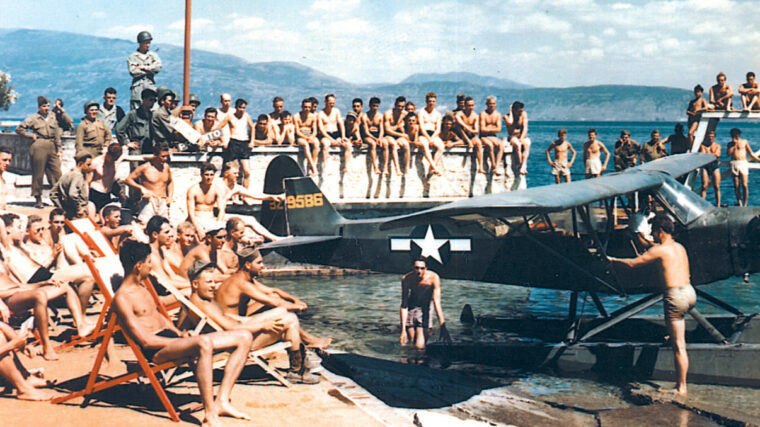
European Theater
For the lucky few that got the opportunity, putting on a bathing suit and hitting the waves or pools was a welcome escape from the war. Read more
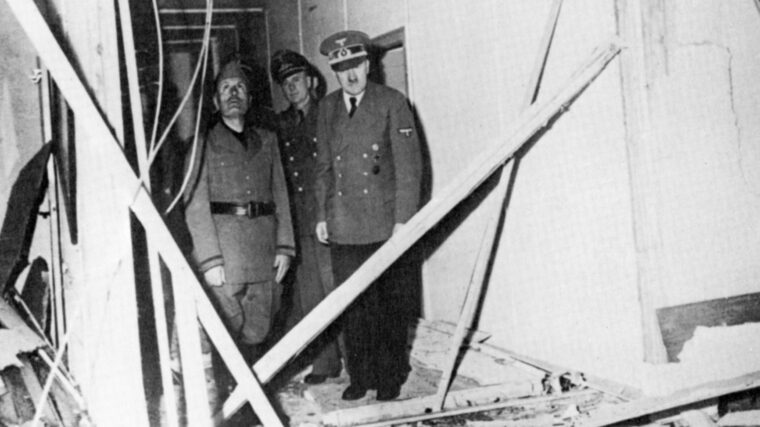
European Theater
During World War II, Switzerland was one of the few neutral countries to survive unscathed amid the death and destruction that was being heaped upon the rest of Europe. Read more
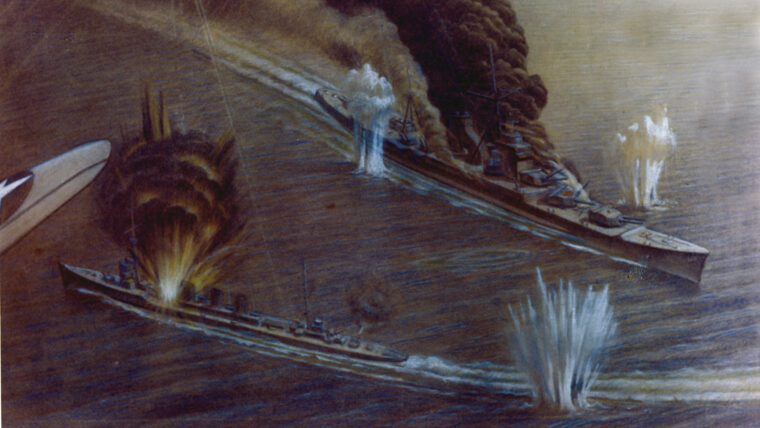
European Theater
“For several months after the outbreak of the war with Japan the very fate of our nation rested in the hands of a small group of very dedicated and highly devoted men working in the basement under the Administration Building in Pearl Harbor.” Read more
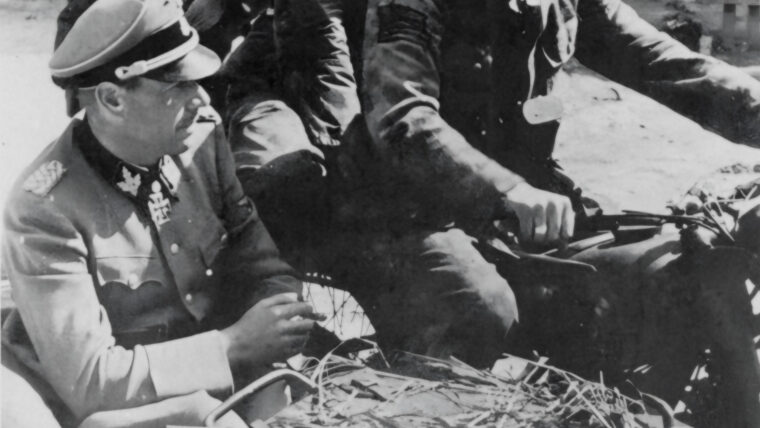
European Theater
Kurt Meyer was without doubt one of the most outstanding and highly decorated Waffen SS officers of World War II. Read more
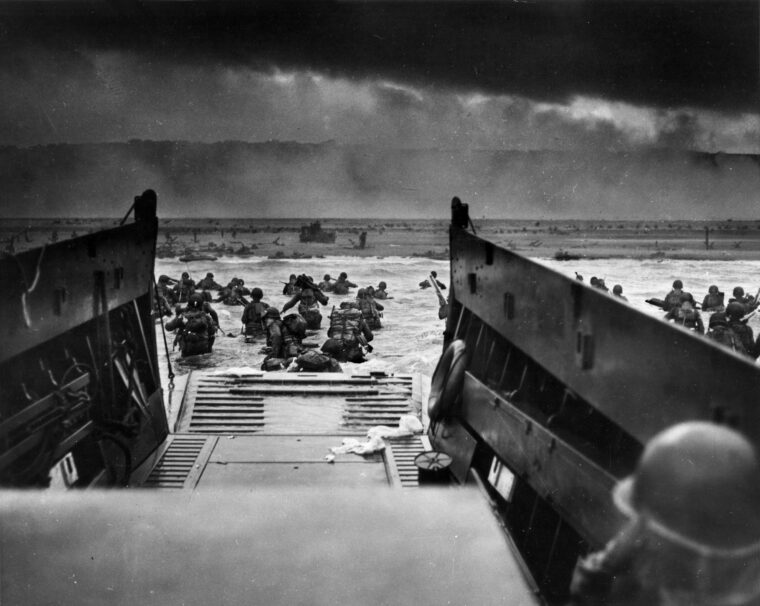
European Theater
Editor’s Note: The following is excerpted from Omaha Beach: D-Day June 6, 1944 by Joseph Balkoski (Stackpole Books, 2004; www.stackpolebooks.com). Read more
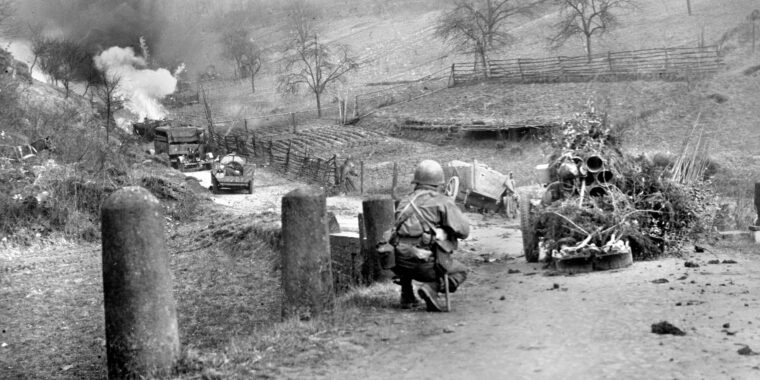
European Theater
The 80th Infantry Division’s lineage goes back to the First World War. It was first organized at Camp Lee, Virginia, on August 5, 1917. Read more
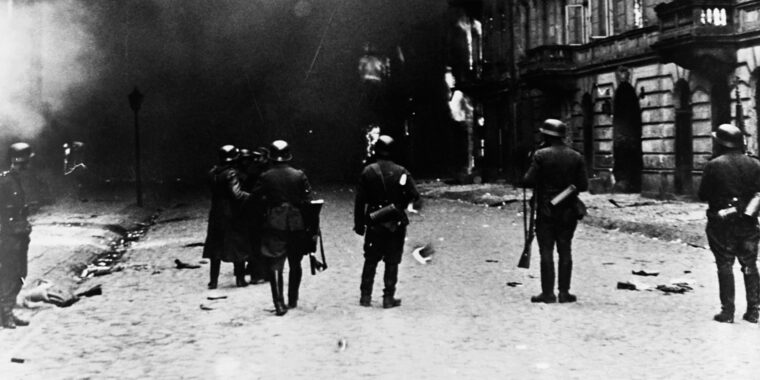
European Theater
In April 1940, Adolf Hitler’s SS began building a walled compound in occupied Warsaw in which to imprison Jews who had survived the previous autumn’s bitter fighting as the German juggernaut romped through western Poland. Read more
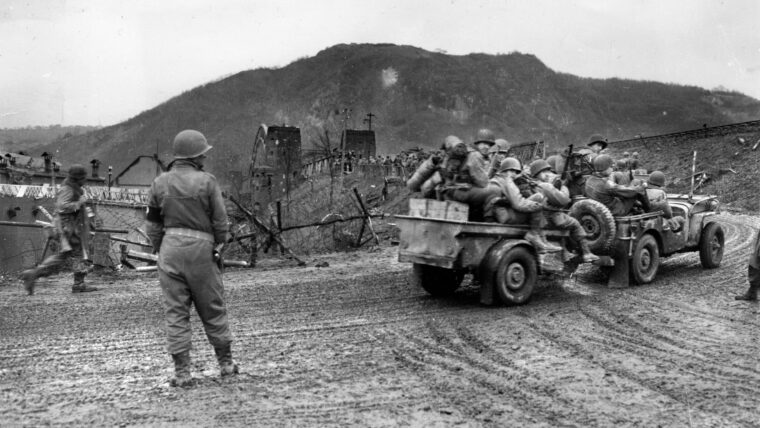
European Theater
By the end of January 1945, Hitler’s desperate Ardennes Offensive had ground to a halt. Though the last-ditch push to the west had inflicted heavy casualties on American forces, it was the German army that suffered irreplaceable losses in men, equipment, and materiel and was no longer capable of offensive operations. Read more
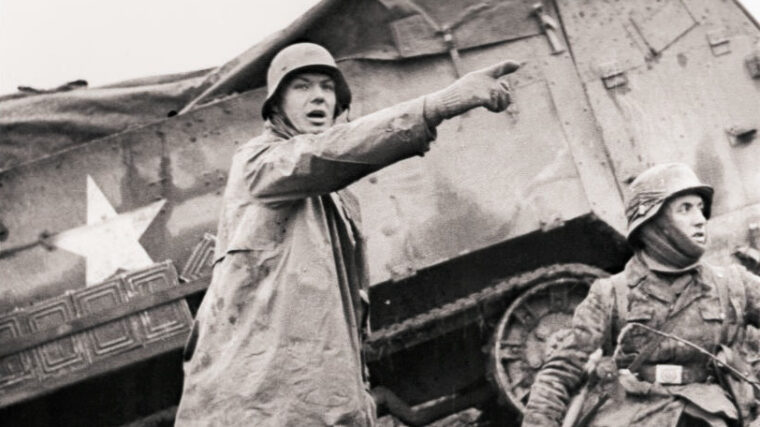
European Theater
The Ardennes Forest in eastern Belgium seemed almost surreal in the last days of autumn 1944, a quiet backwater in a raging storm. Read more
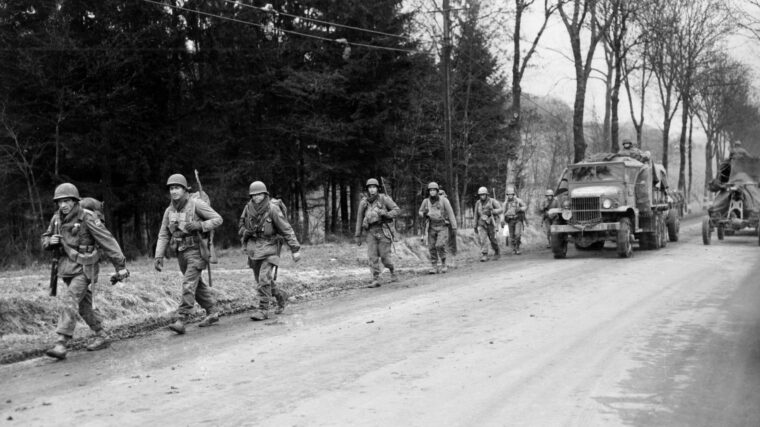
European Theater
In a letter to his fiancée, Betty Craig, on December 16, 1944, from Helleringen, France, newly promoted Staff Sergeant Frank Lembo of Company B, 305th Engineer Combat Battalion, 80th Division, wrote of a battalion show the night before, complete with Red Cross girls serving donuts and the division band; an upcoming dance; doing laundry; and other pastimes of a soldier experiencing a period of reserve status. Read more
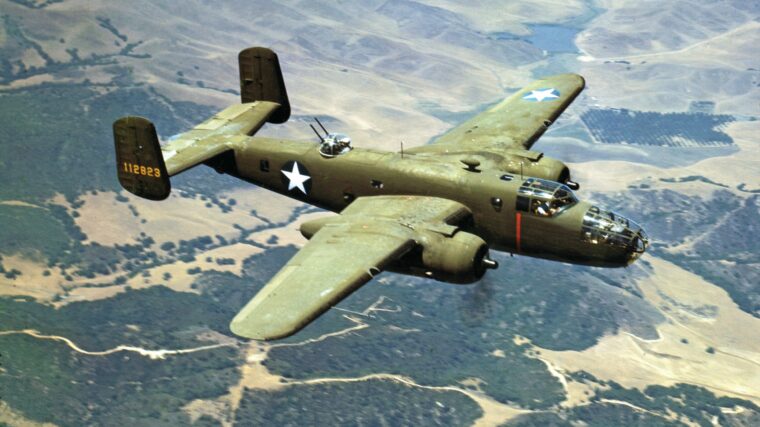
European Theater
There is no disputing what the North American B-25 Mitchell medium bomber contributed to the Allied victory in World War II. Read more
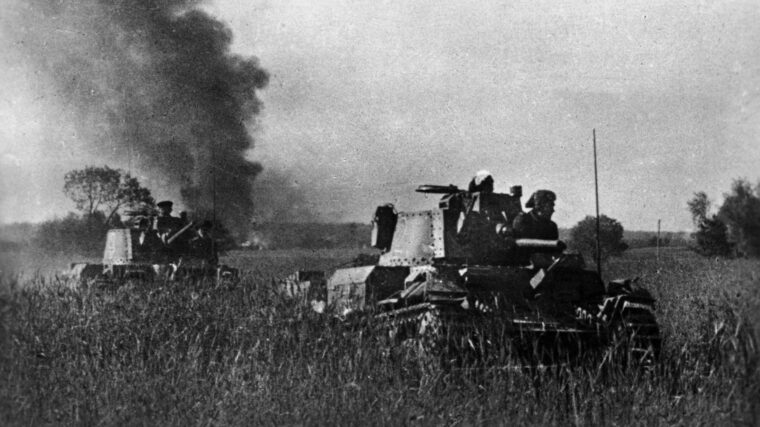
European Theater
In March 1939, Adolf Hitler dissolved the Republic of Czechoslovak, incorporating its lands into the Third Reich. As a consequence, much military equipment fell into the hands of the Wehrmacht, including 469 armored fighting vehicles. Read more
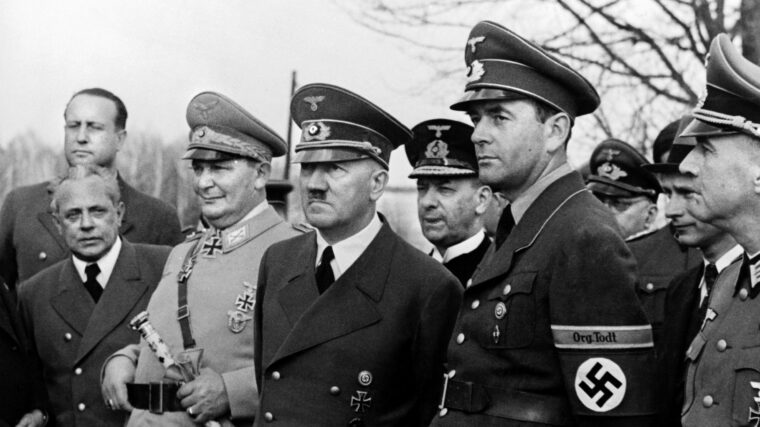
European Theater
On March 12, 1938, German troops entered Austria, part of Adolf Hitler’s plan to incorporate that hapless country into the Third Reich. Read more
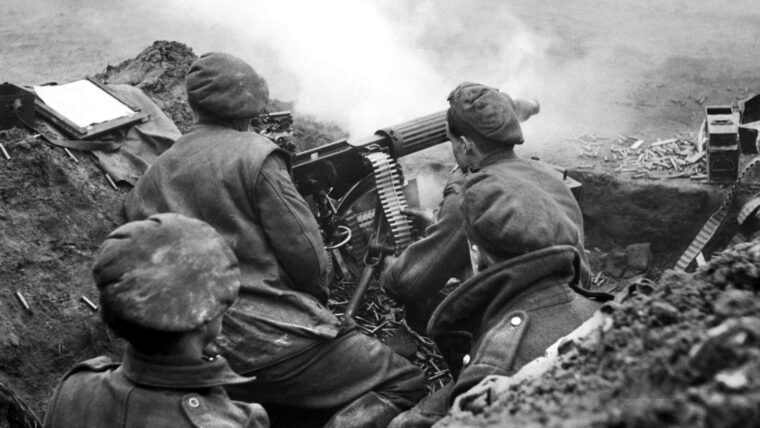
European Theater
The bloody fight for the Reichswald, according to Lieutenant General Horrocks, was a soldiers’ battle “fought by the regimental officers and men under the most ghastly conditions imaginable.” Read more
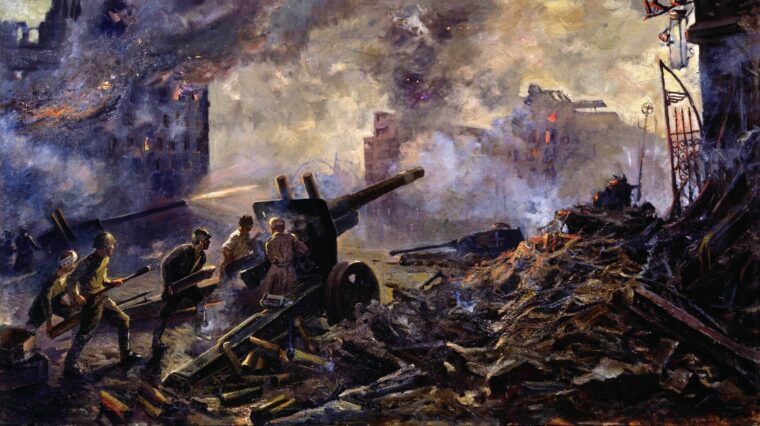
European Theater
By the end of March 1945, the Western Allied armies were across the Rhine, the last major geographical barrier to an all-out final assault against the Third Reich. Read more
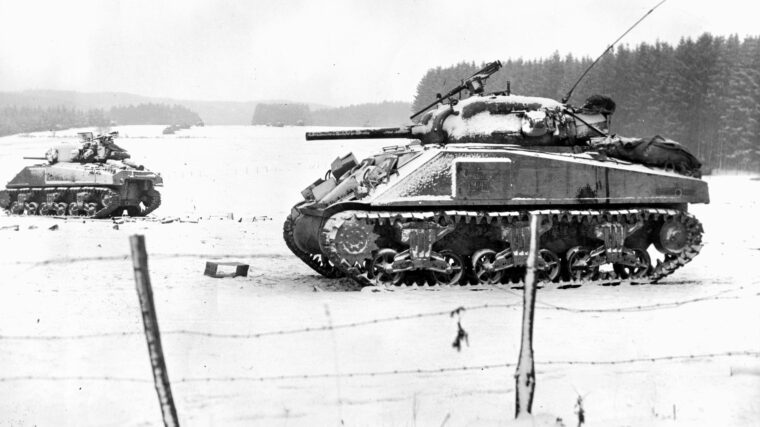
European Theater
This article is excerpted from Kevin Hymel’s latest book, Patton’s War: An American General’s Combat Leadership, Volume 2: August—December 1944, published by University of Missouri Press. Read more
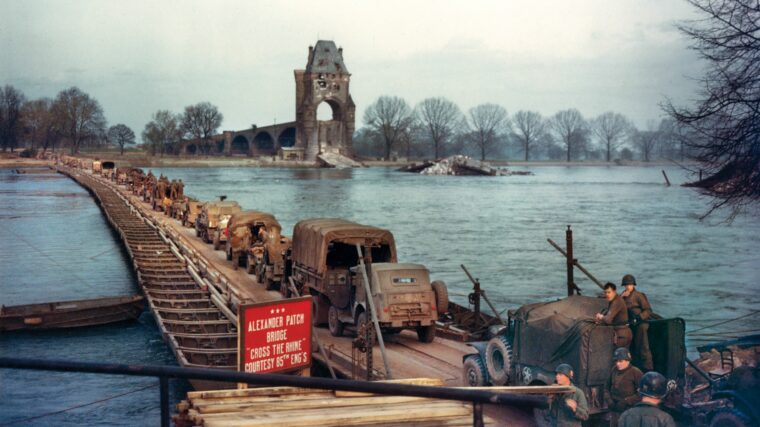
European Theater
While British Field Marshal Bernard L. Montgomery’s 21st Army Group was marching across Belgium, Holland, and into northern Germany on his way to the Rhine, Omar Bradley’s 12th Army Group, made up of Courtney Hodges’s First and George Patton’s Third U.S. Read more
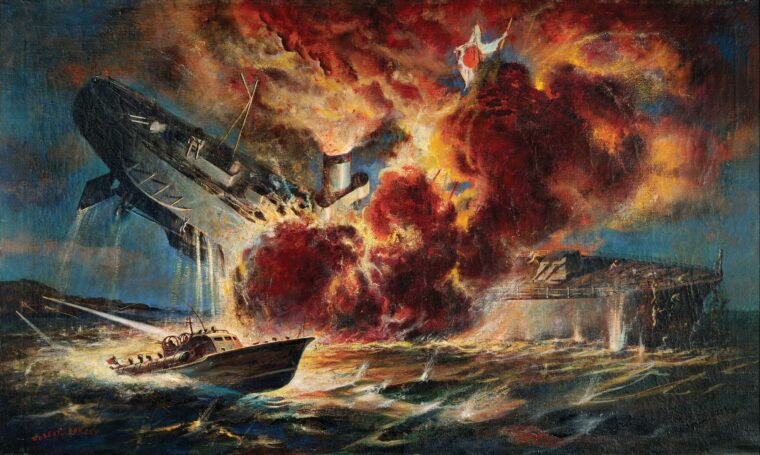
European Theater
The U.S. Navy put many ships in harm’s way during World War II, but none more so than the Patrol Torpedo or“PT” Boats. Read more
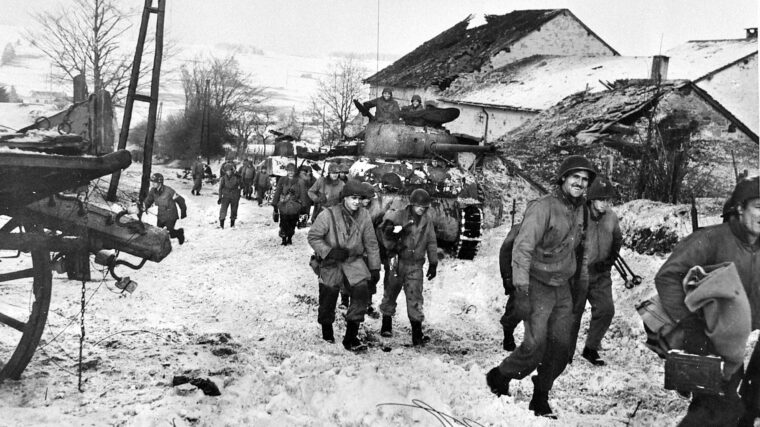
European Theater
On the morning of December 19, Lieutenant General George S. Patton, Jr., prepared his Third Army for a battle raging north of him—the Battle of the Bulge. Read more